The most important thing is the self-awareness to cultivate and practice Integrity and Uprightness of each individual, to always remember the prohibitions, keep the limits, be a clean person, respect integrity, and feel ashamed when oneself and loved ones violate.
Integrity is a very broad category, belonging to the field of ideological consciousness, ethics, belonging to the "human" part of each person. The meaning of Integrity is also studied and discussed from many angles, concretized in each different profession and field. However, the nature of Integrity is as Uncle Ho explained: Integrity is clean, not greedy; Righteousness is not evil, is straightforward, upright. The mechanism has no faults . The purpose of Integrity education is to build each citizen into a decent person. Integrity has become the living and working culture of the whole society. From ancient times to the present, not only the East, but also the West has been very interested in Integrity education, although the designation may not be the same. And until now, Integrity education is still a topical issue. Aristotle - the great Greek philosopher, as early as the years before Christ discussed "justice", arguing that "justice" does not come naturally but must go through a process of "practice", in which the responsibility for educating righteousness first belongs to the state. 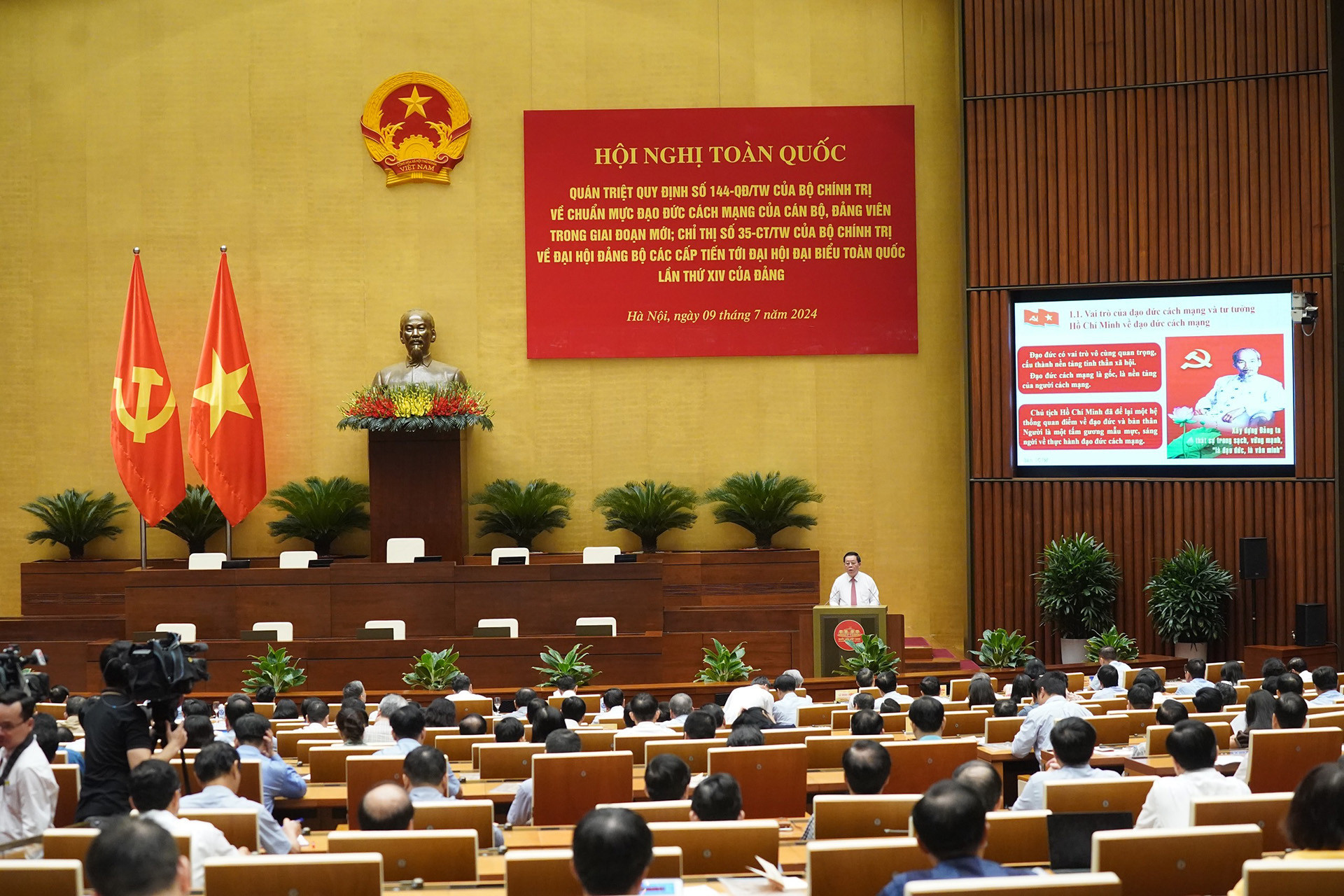

National conference to disseminate Regulation No. 144-QD/TW on revolutionary ethical standards of cadres and party members in the new period. Photo: NT
In Vietnam, right after gaining power, despite being busy with work, at the first meeting of the Provisional Government on September 3, 1945, President Ho Chi Minh identified the education of Integrity and Uprightness as one of the six urgent tasks of the revolution. Since then, our Party and State have issued many policies and regulations to educate Integrity and Uprightness to cadres, party members and the people. The document of the 13th Party Congress set out the policy of "persisting in educating and training cadres, party members, civil servants and public employees on the virtue of integrity, building a culture of thrift, no corruption and waste". Recently, the Politburo signed and issued Regulation No. 144 dated May 9, 2024 on "Revolutionary ethical standards of cadres and party members in the new period". In his inaugural speech, General Secretary and President To Lam affirmed his determination to continue building and rectifying the Party so that our Party is truly clean, strong, "ethical and civilized". Why have we been constantly worried about the risk of moral degradation of integrity and uprightness among cadres and party members? The issue has become even more urgent as recently, many cadres and party members, including high-ranking leaders, have been involved in corruption and negativity, and have been disciplined and criminally prosecuted. In the agenda of the Central authorities in the coming time, we will continue to discuss and direct the strengthening of education on integrity and uprightness. Some opinions say that the mechanism, policies and laws are not complete, not synchronized and not tight. In reality, the mechanism is not at fault. Through a general review of over 1,000 legal documents and other related documents in various fields, only 6% of them have loopholes and inadequacies. Many people also believe that it is due to the objective, negative impact of the market economy mechanism; but the market economy exists in most countries in the world. It seems that the problem lies in many other aspects. Should there be a strategy on education on Integrity and Honesty? Ethical standards in general, and Integrity and Honesty in particular, we have discussed a lot and defined relatively clearly, but how to achieve that standard is not strong and clear. It is thought that to form ethics, and even higher, the culture of Integrity and Honesty in each cadre, party member and people, "mostly due to education". However, through the summary, only for the work of education on anti-corruption shows that the content, form and duration of teaching "are not really suitable" for both teachers and students. Should there be a strategy on Integrity education to be implemented substantially and appropriately from school, family to society, from each party organization, agency, unit, from childhood and throughout the process of adulthood. In which, Integrity education for cadres and party members is the core, creating a spread throughout society. Along with education is "punishment", at many different levels, the highest is handling according to the law for acts of violating Integrity. However, ethics is an ideological and spiritual field, cannot be formed only by "punishment" (using hard power) but requires a harmonious combination of soft power, first of all the example of the leader. Equally important, Integrity must be nurtured by conditions such as: economic development, regimes, policies, salaries, social environment, etc. The most important thing is the self-awareness to cultivate and practice Integrity of each individual, to always remember the prohibitions, keep the limits, be a clean person, work honestly, respect integrity, regardless of the circumstances, not be greedy for material things, power, feel ashamed when oneself and relatives violate. Measures to build Integrity must have a focus, key points, and a suitable roadmap, but cannot finish one thing before moving on to another, but must have a certain synchronization. The journey to build a culture of Integrity and Uprightness is not simple, and cannot be done at once; it requires high determination, because it is not only the lifestyle and behavior of each person, but also the soul of the nation, an indicator of the quality of development and soft power of the country.Vietnamnet.vn
Source: https://vietnamnet.vn/xay-dung-van-hoa-liem-chinh-de-can-bo-trong-liem-si-biet-xau-ho-khi-vi-pham-2313145.html



![[Photo] Prime Minister Pham Minh Chinh chaired a meeting of the Steering Committee on the arrangement of public service units under ministries, branches and localities.](https://vphoto.vietnam.vn/thumb/1200x675/vietnam/resource/IMAGE/2025/10/06/1759767137532_dsc-8743-jpg.webp)
![[Photo] Prime Minister Pham Minh Chinh chairs a meeting of the Government Standing Committee to remove obstacles for projects.](https://vphoto.vietnam.vn/thumb/1200x675/vietnam/resource/IMAGE/2025/10/06/1759768638313_dsc-9023-jpg.webp)


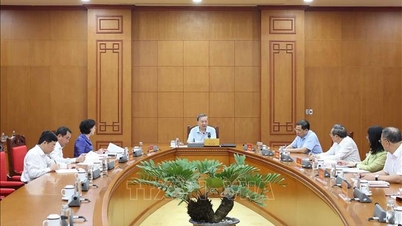

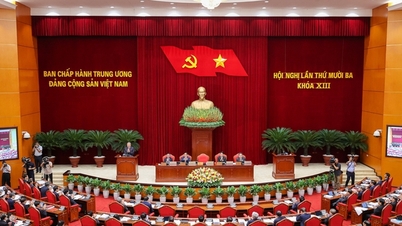

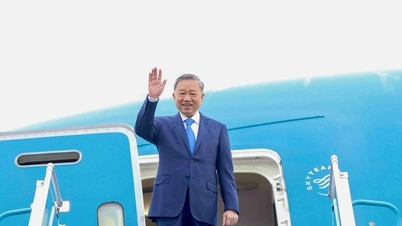


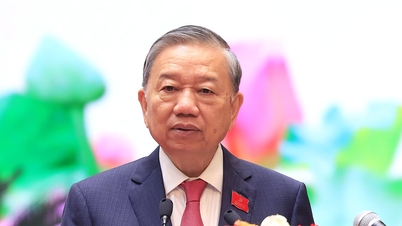
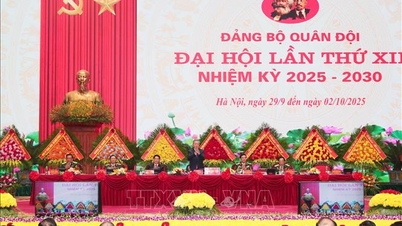



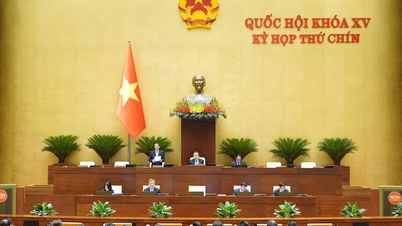
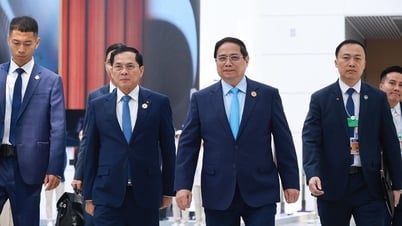

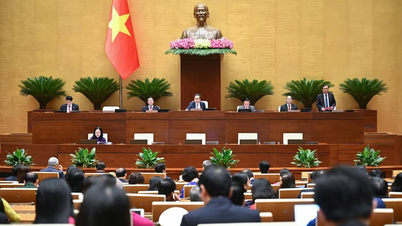
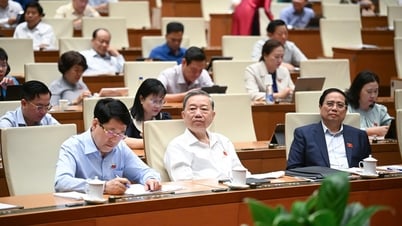





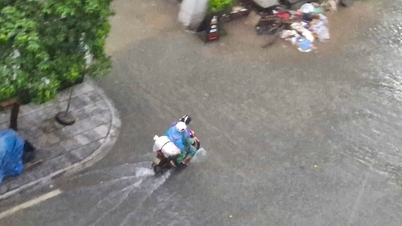




























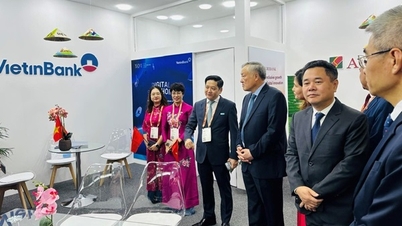

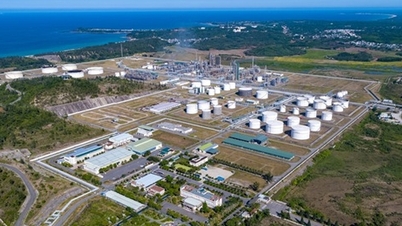

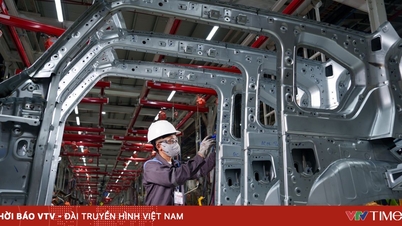

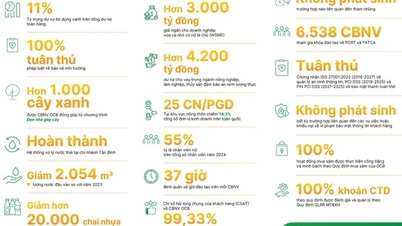


















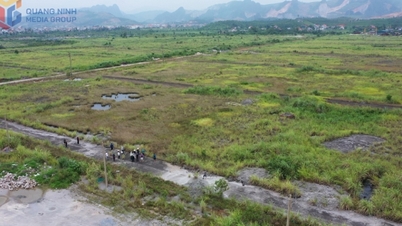

















Comment (0)